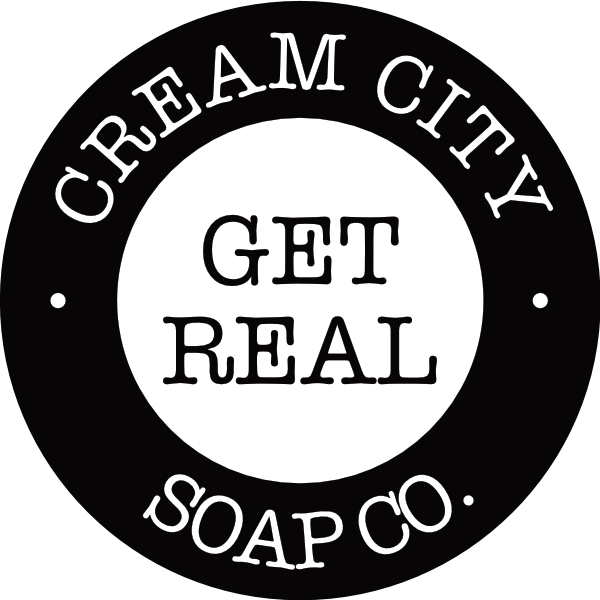Aspects of the antimicrobial efficacy of grapefruit seed extract and its relation to preservative substances contained.
Source
Institute of Pharmacy, Ernst Moritz Arndt University, Greifswald, Germany.
Abstract
The antimicrobial efficacy as well as the content of preservative agents of six commercially available grapefruit seed extracts were examined. Five of the six extracts showed a high growth inhibiting activity against the test germs Bacillus subtilis SBUG 14, Micrococcus flavus SBUG 16, Staphylococcus aureus SBUG 11, Serratia marcescens SBUG 9, Escherichia coli SBUG 17, Proteus mirabilis SBUG 47, and Candida maltosa SBUG 700. In all of the antimicrobial active grapefruit seed extracts, the preservative benzethonium chloride was detected by thin layer chromatography. Additionally, three extracts contained the preserving substances triclosan and methyl parabene. In only one of the grapefruit seed extracts tested no preservative agent was found. However, with this extract as well as with several self-made extracts from seed and juiceless pulp of grapefruits (Citrus paradisi) no antimicrobial activity could be detected (standard serial broth dilution assay, agar diffusion test). Thus, it is concluded that the potent as well as nearly universal antimicrobial activity being attributed to grapefruit seed extract is merely due to the synthetic preservative agents contained within. Natural products with antimicrobial activity do not appear to be present.
- PMID:
- 10399191
- [PubMed - indexed for MEDLINE]
